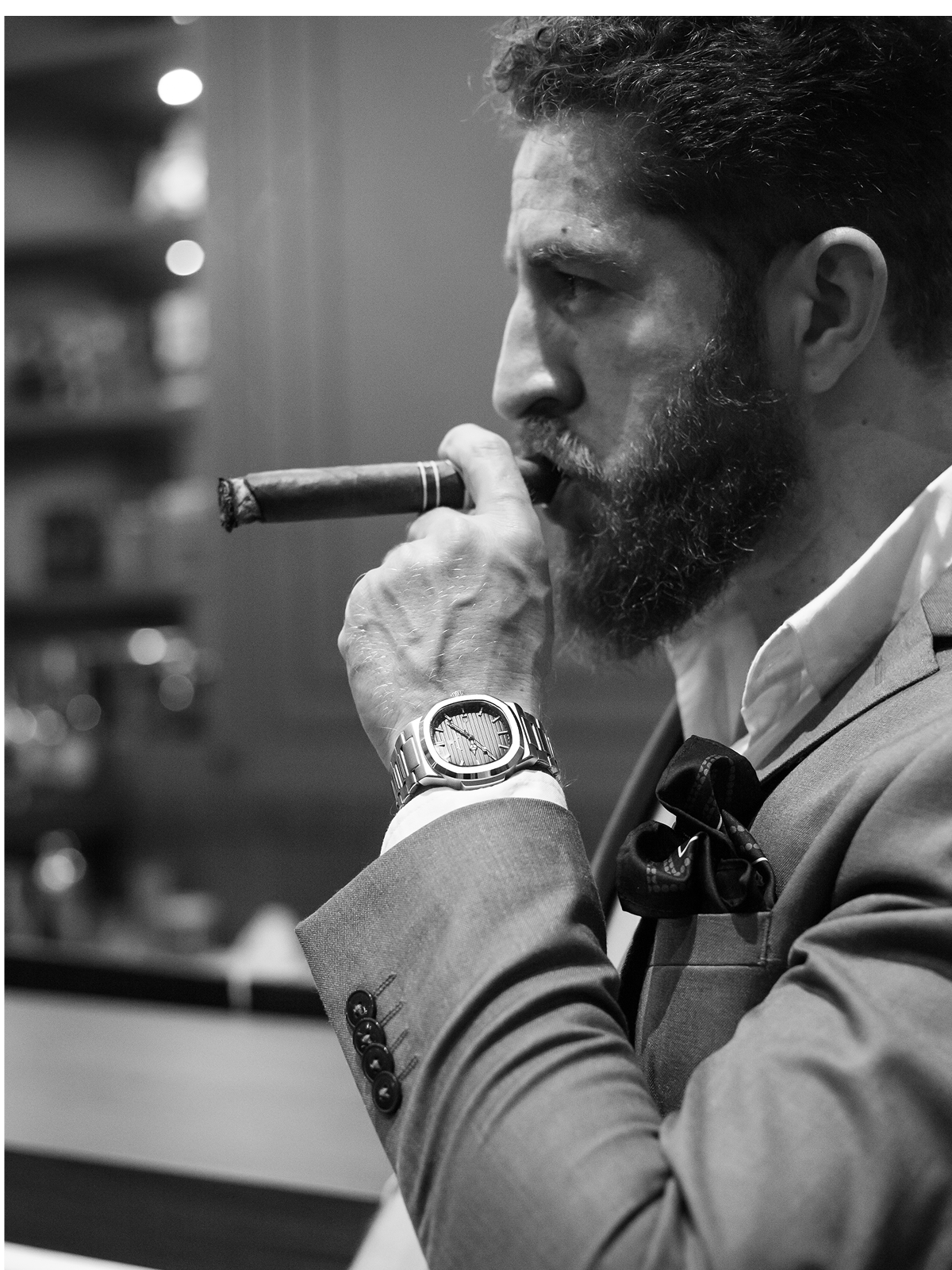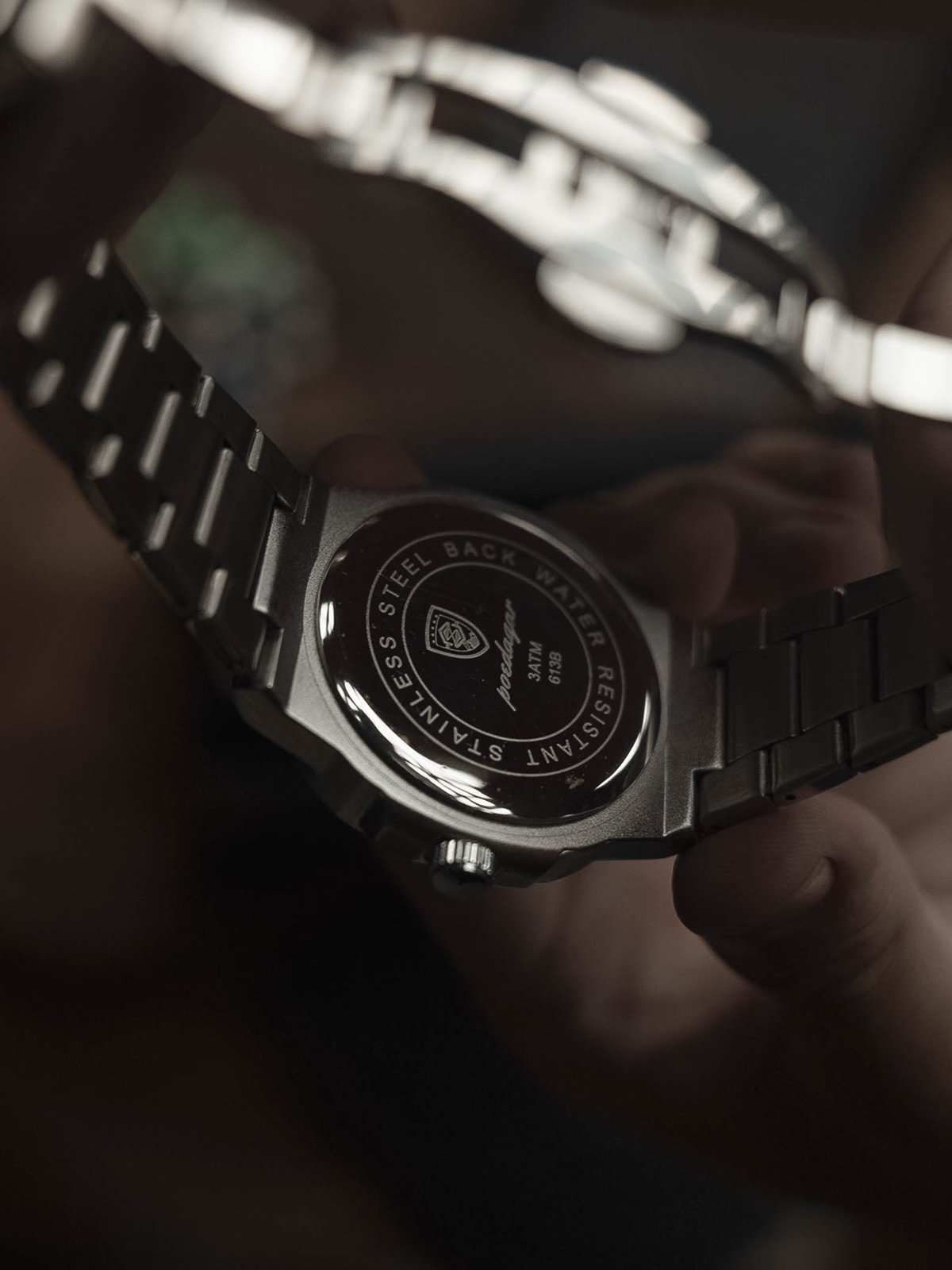
Why a Watch Is So Important for a Man
For centuries, a watch has been more than a device for telling time — it has been a statement of identity, a reflection of taste, and a silent companion in defining moments. For a man, it is the closest thing to a piece of jewelry that carries both elegance and purpose. Unlike trends that fade or accessories that serve purely decorative roles, a fine watch becomes part of a man’s character. It speaks before words are exchanged, signaling discipline, style, and an understanding of tradition.
The history of the wristwatch is intertwined with the story of human achievement. While early portable timekeeping devices date back to the 16th century, the wristwatch as we know it gained prominence in the early 20th century. Originally considered a women’s accessory, it became indispensable for men during wartime. Soldiers in World War I wore wristwatches for tactical reasons — coordinating maneuvers, synchronizing attacks, and keeping operations precise. In that environment, a watch wasn’t a luxury; it was a lifeline. Its role in the field cemented its place as a functional tool and, later, as a symbol of readiness and control.
As decades passed, the watch evolved from battlefield necessity to boardroom essential. For the man in pursuit of success, a watch serves as both a reminder of time’s value and a marker of personal milestones. It is often the first luxury he buys for himself, and sometimes the heirloom he passes down — a physical link between generations. Unlike a phone, which is glanced at countless times a day for all kinds of distractions, a watch focuses solely on time, underscoring its scarcity and importance.
In modern life, a man’s watch is his signature. The choice of case, dial, strap, and movement reveals his lifestyle and priorities. A classic stainless steel chronograph speaks of precision and structure; a vintage leather strap hints at heritage and understated confidence; a bold diver’s watch suggests adventure and resilience. Each choice says something without needing to be explained.
Owning a fine watch is not about keeping up with trends; it’s about carrying a piece of craftsmanship that will endure. It’s the rare accessory that can accompany a man from the trenches of war to the heights of business, from daily routines to life’s greatest celebrations. In essence, it is the most masculine form of elegance — a quiet but powerful statement that time is the most valuable possession of all.


